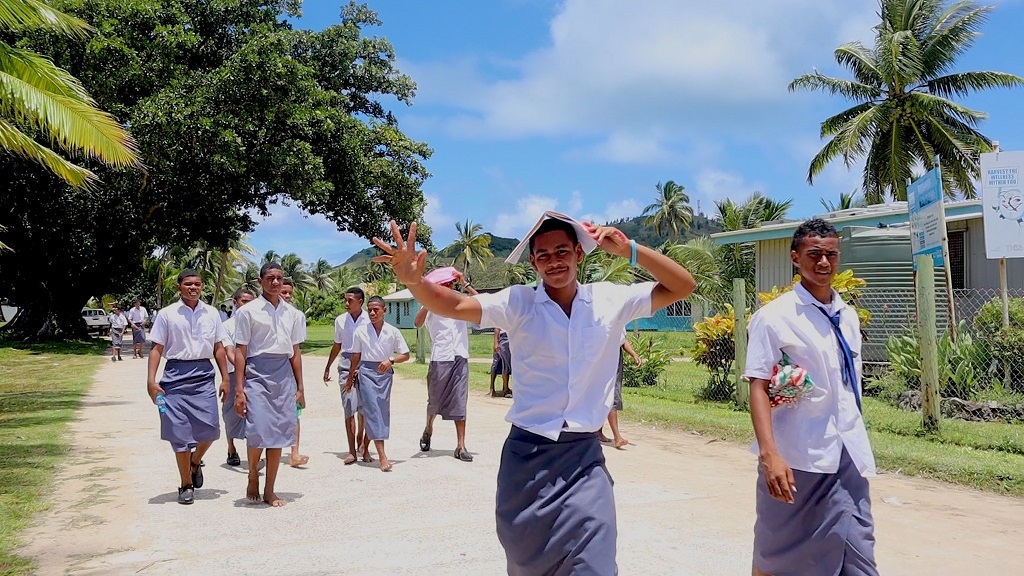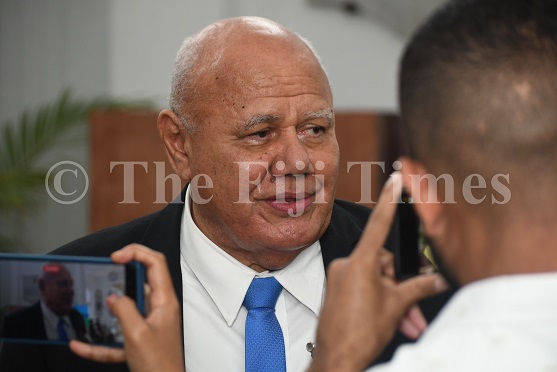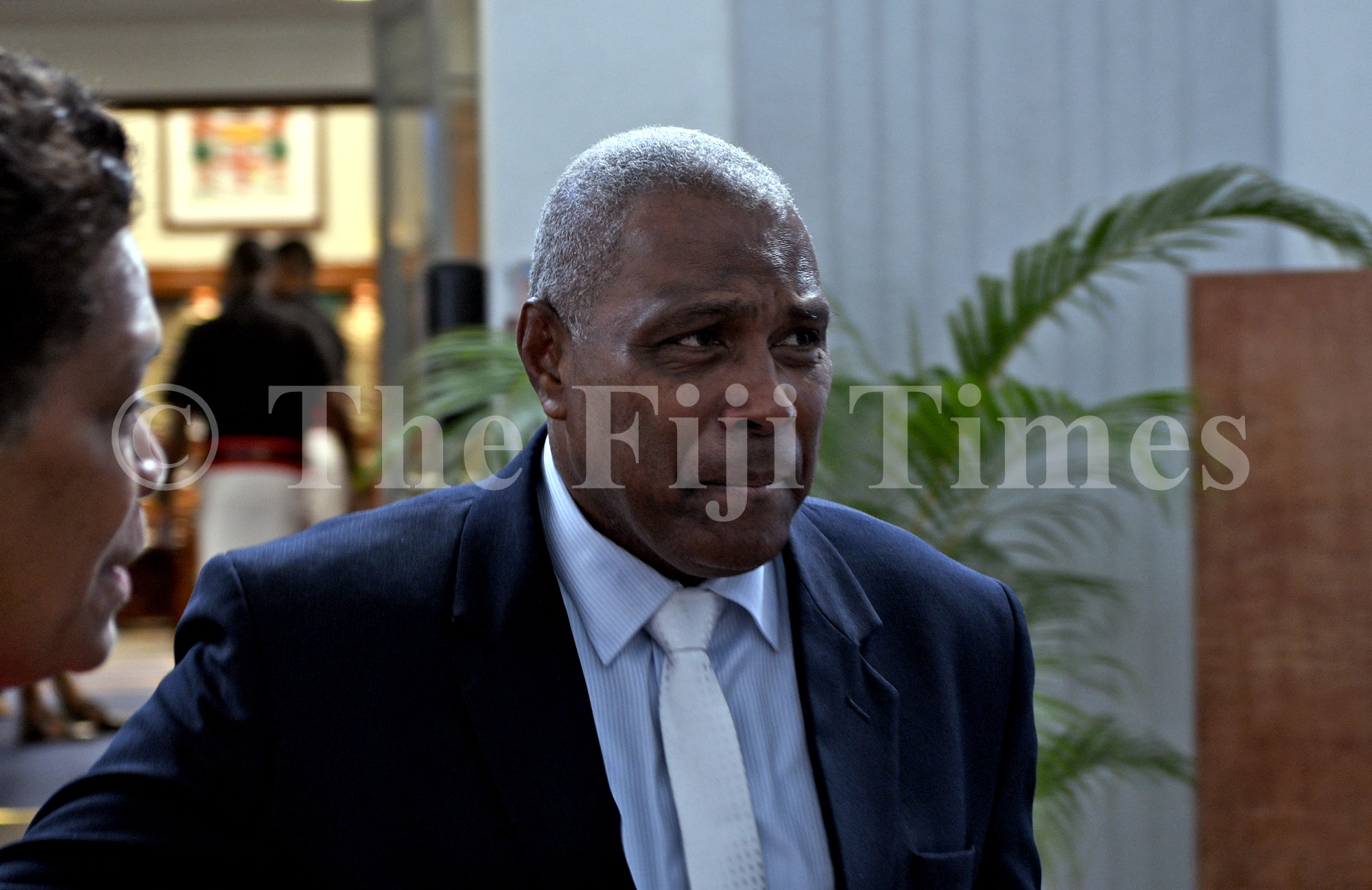The formation of a new government can often bring about changes in policies and priorities, including a renewed focus on defending human rights.
Governments play a crucial role in upholding and protecting human rights within their respective countries and on the international stage.
While the specific actions and approaches of a new government may vary depending on the country and its political context.
A new set of data released by The Human Rights Measurement Initiative (HRMI) for 2022 doesn’t paint a rosy picture of the country under the previous government.
The challenge now is on the Coalition Government to better these human rights standing, or least don’t let it sink further down from the 2022 assessment.
New Zealandbased HRMI is part of a global movement building a world where all people can flourish. HRMI tracks the human rights progress of countries, producing robust data that anyone can use to push for improvements in how governments treat people.
Findings on quality of life in Fiji
QUALITY of life rights or economic and social rights include the rights to food, health, education, housing, and work. Fiji scored 81.5 per cent on quality of life when scored against the income adjusted benchmark.
This score takes into account Fiji’s resources and how well it is using them to make sure its people’s quality of life rights are fulfilled.
This score reveals that Fiji is only doing 81.5 per cent of what should be possible right now with the resources it has.
Since anything less than 100 per cent indicates that a country is not meeting its current duty under international human rights law, HRMI assessment is that Fiji has a long way to go to meet its immediate economic and social rights duty.
Compared with the other countries in the Pacific, Fiji is performing close to average on quality of life rights.
• Right to education – Fiji is doing 70.4 per cent of what should be possible at its level of income.
• Right to primary education – Fiji is going 97 per cent of what should be possible at its level of income
• Right to secondary education – Fiji is going 74.7 per cent of what should be possible at its level of income
• Right to food – Fiji is going 93.3 per cent of what should be possible at its level of income
• Right to health – Fiji is going 75.3 per cent of what should be possible at its level of income
• Right to housing – Fiji is going 84.1 per cent of what should be possible at its level of income
• Right to work – Fiji is going 84.3 per cent of what should be possible at its level of income
Findings on safety from the state in Fiji
Fiji’s safety from the state score of 7.2 out of 10 suggests that a significant number of people are not safe from one or more of the following: arbitrary arrest, torture and illtreatment, forced disappearance, execution or extrajudicial killing.
Compared with the other countries in the Pacific, Fiji is performing close to average on the right to be safe from the state.
On how well is Fiji’s government respecting each right, the HRMI survey found the following:
• Right to freedom from arbitrary arrest – Fiji scored 6.3 out of 10
• Right to freedom from forced disappearance – Fiji scored 8 out of 10
• Right to freedom from death penalty – Fiji scored 10 out of 10
• Right to freedom from torture and ill-treatment – Fiji scored 5.4 out of 10
• Right to freedom from extrajudicial execution – – Fiji scored 7.7 out of 10
The HRMI survey went a step further to find out which people in Fiji were identified by human rights experts to be particularly at risk of having their right to freedom from arbitrary arrest violated-
• 54 per cent of people with particular political affiliation or belief
• 31 per cent of members of labor unions or workers’ rights advocates
• 23 per cent of all people
• 15 per cent of journalists
• 15 per cent of LGBT community members
When asked to provide more context about who was especially vulnerable to arbitrary or political arrest and detention by government agents in 2022, respondents to the HRMI survey said they would be critics of government leaders who would be oppressed and detained by security forces, whose purpose shifted from protecting people to oppressing them.
HRMI survey was told members of the military and state agents, including the suspended police commissioner, were given positions of state power to increase control over the population.
Findings on empowerment in Fiji
Fiji’s empowerment score of 4.7 out of 10 suggests that many people are not enjoying their civil liberties and political freedoms (freedom of speech, assembly and association, and democratic rights).
Compared with the other countries in the Pacific, Fiji is performing worse than average on empowerment rights.
• Right to assembly and association – Fiji scored 4.8 out of 10
• Right to opinion and expression – Fiji scored 4.2 out of 10
• Right to participate in government – Fiji scored 5.4 out of 10
When asked to provide more context about who was especially vulnerable to restrictions on their rights to assembly and association by the government or its agents in 2022, HRMI respondents mentioned people with particular political affiliations and beliefs, including members of the National Federation Party, Social Democratic Liberal Party, and People Alliance Party were targets in 2022.
Respondents to the HRMI survey also said candidates for the 2022 election were detained and interrogated after they led a non-violent political rally, members of rights unions and movements, particularly those advocating for trade, women’s, and teachers’ rights were targets.
Public dissidents of the government, including journalists, civil society leaders, and activists, many of whom are women, along with their relatives and friends also had their rights to assembly and association disrupted, said HRMI.
Other significant findings
“State agents continuously harass and question people, particularly civil society leaders, many of whom are women, at all times of the day and night.
The government uses state agents and resources to target people they deem as enemies.
State agents who follow the government’s orders are appreciated, while those refusing to support the government’s repressive tactics are fired.
Some people refuse to live under the government’s repressive regime and emigrate.
Fiji’s dictatorship has become an example for leaders of other Pacific Island countries to repress public dissent and control news outlets.”






